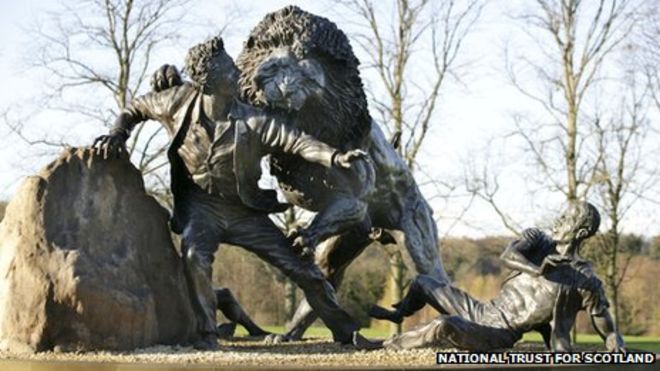Deciphering South African Rock Art by Mallory Bernstein
Photographed by David Coulson/ Trust for African Rock Art (africanrockart.org)
All along the ridges of the Drakensburg Mountains in the highlands of KwaZulu-Natal, there are cliffs with paintings- people, giraffes, elands, ‘boks’ of all sorts (springbok, rooibok, etc.). In 2013, I was hiking through the Drakensburg with my university class-mates studying abroad in Durban, South Africa. We were hiking near Cathedral Peak, 3 hours in, going up steep terrain with a barely navigable trail and bracing ourselves for sunburn in the late summer sun. Suddenly, our professor pulled aside and gestured towards the wall of the cliff. On it, images dripped with colour as multiple eland and human figures in a circle danced about the rock. It looked as if they were painted yesterday, the detail and colour was preserved so well.
These were the work of the San (Bushmen) – long before the incoming of Europeans to South Africa.



